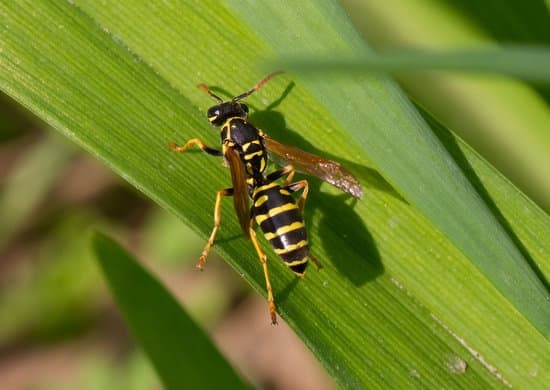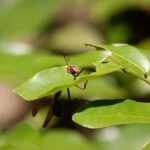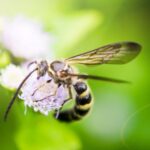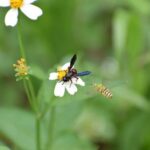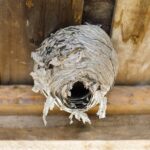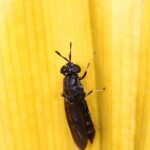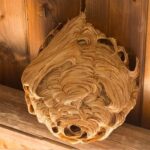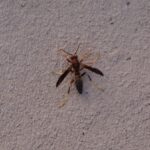How to Treat Wasp Stings
Having been stung by wasps can be a very uncomfortable experience. Luckily, you can usually treat your reaction at home with simple remedies. However, if you experience a severe reaction, you should seek medical attention immediately.
When a wasp stings, it injects venom into your skin. This venom contains protein that is an enzyme that breaks down the cement that holds cells together. The protein also liberates tiny tissue debris. It can cause a stinging reaction, swelling, itching, and burning.
To treat a wasp sting, you should clean the affected area with soap and water. You can also apply a cold compress to the sting. This will help to reduce the swelling and pain. You should also keep the area dry and clean. If you cannot remove the sting, use tweezers to remove the stinger safely.
Wasps will attack people who threaten their nest or hives. They will also attack people who swat them. If you feel threatened, try to run away in a straight line. You should also protect your head and face. If you have a severe reaction to a wasp sting, call an ambulance.
You should also use epinephrine, an adrenaline medication, if you experience a severe allergic reaction to a wasp sting. If you have any signs of inflammation, such as hives or a welt, call a physician.
If you experience a mild allergic reaction to a wasp sting, you can use an over-the-counter antihistamine to reduce the pain and swelling. You can also apply hydrocortisone cream to the stung area. Using a bandage will also help to heal the sting.
